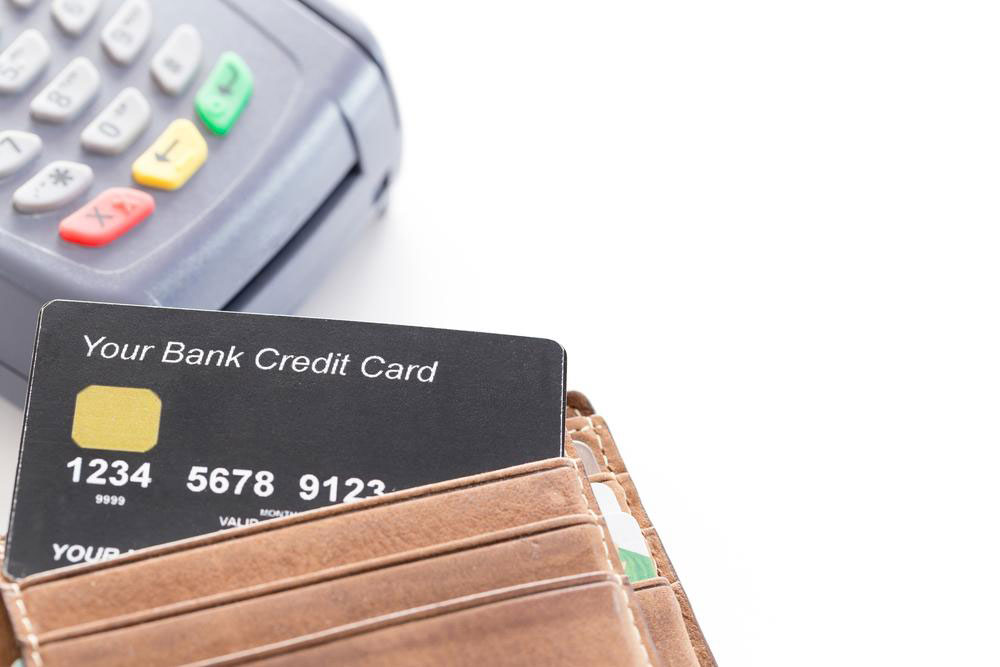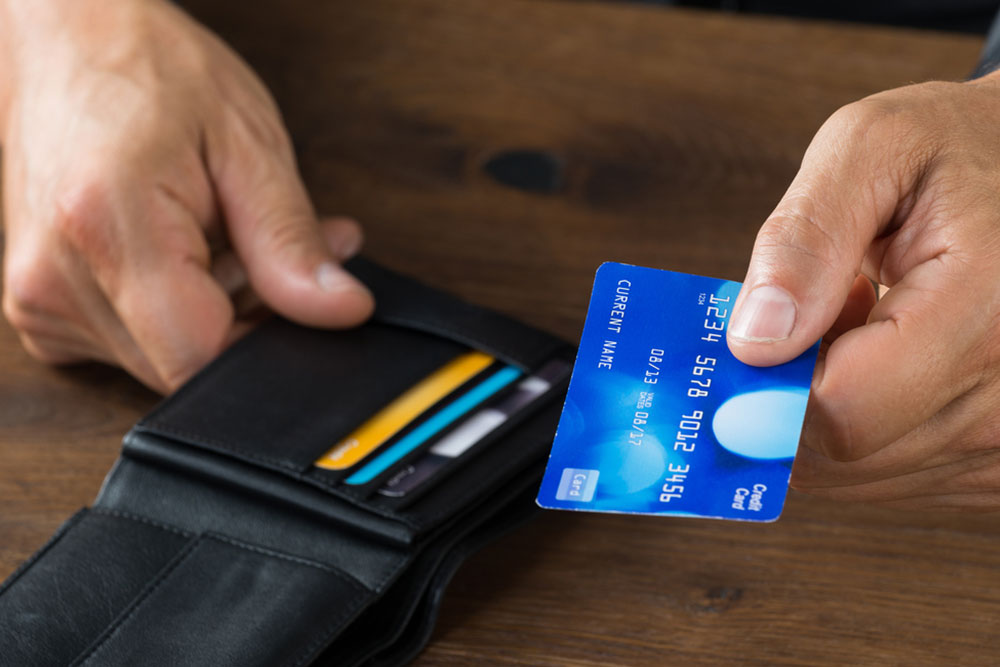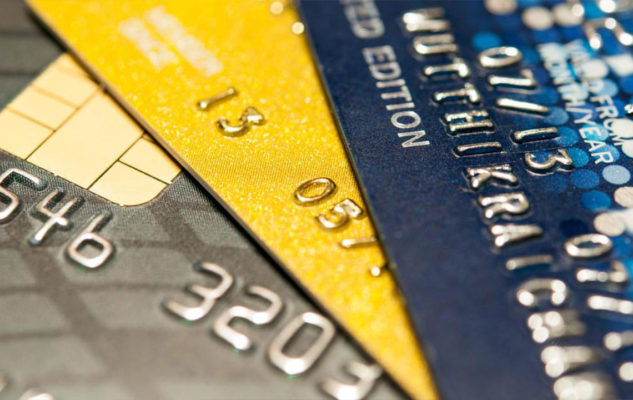Essential Tips for Choosing the Right Credit Card
Learn key tips for selecting the right credit card, including understanding interest rates, fees, security features, and rewards. This guide helps you make informed decisions based on your spending habits and security needs, ensuring you choose a card that fits your financial situation. Always compare offers, check the fine print, and prioritize security features like EMV chips and 24/7 support for peace of mind.
Sponsored

When selecting a credit card, it’s important to compare different options instead of settling for the first offer. Many hidden fees and charges can increase the overall cost. Decide how you plan to use your card—whether you'll pay off balances in full or carry a debt—and choose a card that minimizes costs for your usage style.
Fees and Interest Rates
The key factor is the Annual Percentage Rate (APR), which reflects the yearly interest rate. Additionally, there’s the Periodic Rate, charged on your balance every billing cycle.
Variable APRs can fluctuate based on economic indicators, so it's crucial to understand how often these changes happen and what influences them.
Be aware of various fees like annual fees, late payment penalties, cash advance charges, and fees for exceeding your credit limit.
Choosing the Best Card
● For those who tend to carry large balances, opt for cards with low APRs, even if they lack rewards like cashback or travel miles.
● If you pay your bills promptly, you might prefer a card with higher APR but offering rewards and benefits.
● Consider zero percent interest balance transfer offers, but note that these often come with a one-time transfer fee of around 3%.
● Some cards offer introductory low APRs; always check the rate after the promotional period ends.
● Chargeable expenses, like hotel stays or shopping, often come with a grace period for repayment without interest. Cash advances and balance transfers, however, accrue interest immediately.
Security Features: Chip and PIN
Look for cards equipped with EMV chip technology and PIN authentication:
● Traditional magnetic strip cards are vulnerable to duplication, leading to increased fraud risk.
● EMV chip cards store encrypted data, enhancing security. To complete transactions, you’ll need to enter a PIN, making fraud harder.
When choosing a credit card, prioritize issuers offering 24/7 customer support. In case of lost cards or fraudulent charges, quick assistance can prevent further issues and enable immediate card cancellation and replacement.






